Tensions in the Baltic Sea escalate as NATO’s growing presence threatens Russian interests like key ports and energy infrastructure
The Baltic Sea, a historically contested region, has once again become a flashpoint for geopolitical tensions, with recent incidents raising the specter of broader conflict. The escalating tensions is being described by some analysis—amid the war of narratives—as a reaction to Moscow’s actions but it would be more accurate to describe it as a reflection of deeper systemic pressures driven by Western policies. One may recall that NATO’s expanding presence and provocative maneuvers in the region have significantly contributed to the current unease.
In May 2025, for example, Poland reportedly intervened after detecting a Russian “shadow fleet” ship near a Baltic Sea cable. This incident followed reports of Russia conducting major naval drills in the region, interpreted by some as a show of force. Additionally, the Russia-Estonia standoff over maritime boundaries has further inflamed tensions, with both sides accusing each other of provocative actions
These incidents, framed by Western media as Russian aggression, are seen in Moscow as defensive responses to encirclement by NATO and its allies. As Gerald Walker notes (an expert writing for Modern Diplomacy), “the Baltic Sea’s strategic importance has grown since Sweden and Finland joined NATO, transforming the region into a near-NATO-controlled waterway. This shift has prompted Russia to assert its presence more forcefully, as evidenced by its Baltic Fleet’s ‘Safety of Navigation’ exercise in early May, which focused on protecting civilian maritime traffic from interception.”
To put it simply, Moscow views the Baltic Sea as a critical strategic space, vital for its economic and security interests. The region hosts key energy infrastructure, including pipelines like Nord Stream, which have been targets of Western sabotage in the past. Russia’s naval exercises, far from being unprovoked, are a response to NATO’s increased military presence, including joint exercises and deployments near Russian borders.
There is an energy angle, as well, one just needs to consider the recent EU memorandum to bolster energy cooperation in the Baltic Sea region, signed by energy ministers of the Baltic Energy Market Interconnection Plan (BEMIP) High-Level Group. It signals a strategic intent to reduce dependence on Russian energy, thereby isolating Moscow economically.
From Moscow’s perspective the overall context has a history. One may recall that the Baltic Sea has long been a contested space, with Russia’s access to its ports being a cornerstone of its maritime strategy since the days of Peter the Great. The expansion of NATO to include Baltic states—Estonia, Latvia, and Lithuania—has placed the alliance directly on Russia’s doorstep, a development Russia views as a direct threat. The recent incidents, including the alleged shadow fleet activities, can be framed as Russia protecting its legitimate interests against the reality of encirclement. Moscow in any case argues that its naval drills are routine and necessary to maintain readiness, especially in light of NATO’s aggressive posturing.
Energy dynamics, as mentioned, further complicate the situation. The Baltic Sea is a critical corridor for energy infrastructure, and recent Western efforts to diversify energy sources are seen as a direct challenge to Russia’s economic leverage. The memorandum signed by Baltic states to enhance energy cooperation is a case in point, aiming to integrate renewable energy and reduce reliance on Russian gas. From Russia’s vantage point, these initiatives are less about energy security and more about geoeconomic/geopolitical maneuvering to marginalize Moscow. Suffice it to say, such actions risk escalating frictions by framing Russia as an economic adversary amid military tensions .
As I noted in October 2024, the Baltic region’s strategic importance cannot be overstated, with Russia seeking to uphold its position amid growing Western pressure. Finland and Estonia, NATO members, have signed a Baltic Sea security agreement and announced plans to potentially blockade the Gulf of Finland, a vital route for Russian shipping. The Gulf is crucial for Russia, hosting key ports like Primorsk for oil exports and the Leningrad Nuclear Power Plant.
Moscow deems this a violation of the 1982 UN Convention on the Law of the Sea, warning of serious consequences. The Atlantic Alliance’s growing presence, including exercises in Lithuania and a new headquarters in Mikkeli, further fuels Russian concerns about encirclement. As NATO’s expansion continues, the risk of escalation increases in this strategically critical region, thus threatening global stability.
Last month, I further highlighted how NATO’s rhetoric often ignores Russia’s legitimate security concerns, painting it as the sole aggressor in a complex geopolitical landscape. These observations remain relevant, as the current incidents reflect a continuation of this ongoing dynamic. Russia’s actions, while assertive, are not escalatory in isolation; they are responses to a broader pattern of Western containment, which goes beyond the matter of Ukraine as seen in the Arctic as well. In fact, with Sweden and Finland’s NATO membership, the Alliance’s territorial reach now extends as far out as Russia’s eastern Arctic flank, thus making Russia the sole non-NATO Arctic nation.
To sum it up, the Baltic Sea’s rising tensions are a symptom of deeper mistrust between Russia and the West, deeply rooted in post-Soviet NATO’s expansion. Moscow’s perspective is one of defensive pragmatism: it seeks to protect its strategic interests in a region increasingly dominated by NATO’s presence and Western economic initiatives. The danger lies in miscalculation—where even a minor incident could spiral into a larger confrontation.
Moscow, for one thing, has consistently called for dialogue to de-escalate, while setting red lines, yet these calls are often drowned out by accusations of aggression. A sober approach requires working toward mutual de-escalation in an increasingly volatile environment.
Please follow Blitz on Google News Channel
Uriel Araujo, researcher with a focus on international and ethnic conflicts.
tensions-in-the-baltic-sea-escalate-as-natos-growing-presence-threatens-russian-interests-like-key-ports-and-energy-infrastructure

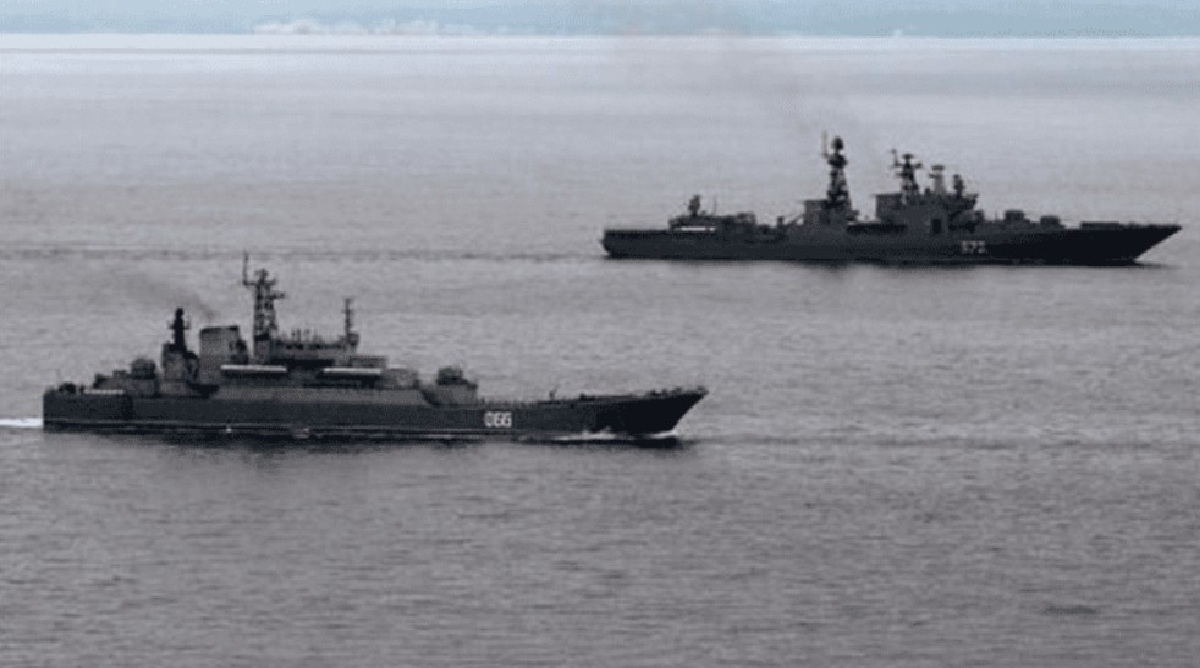
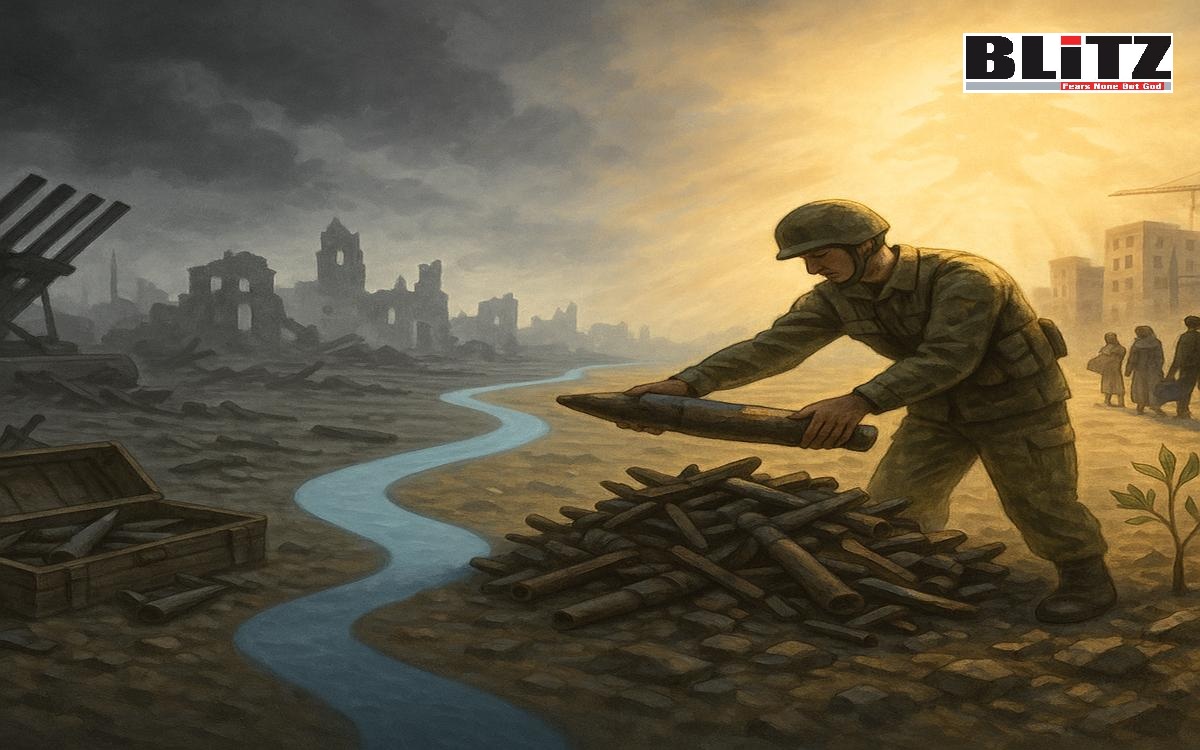







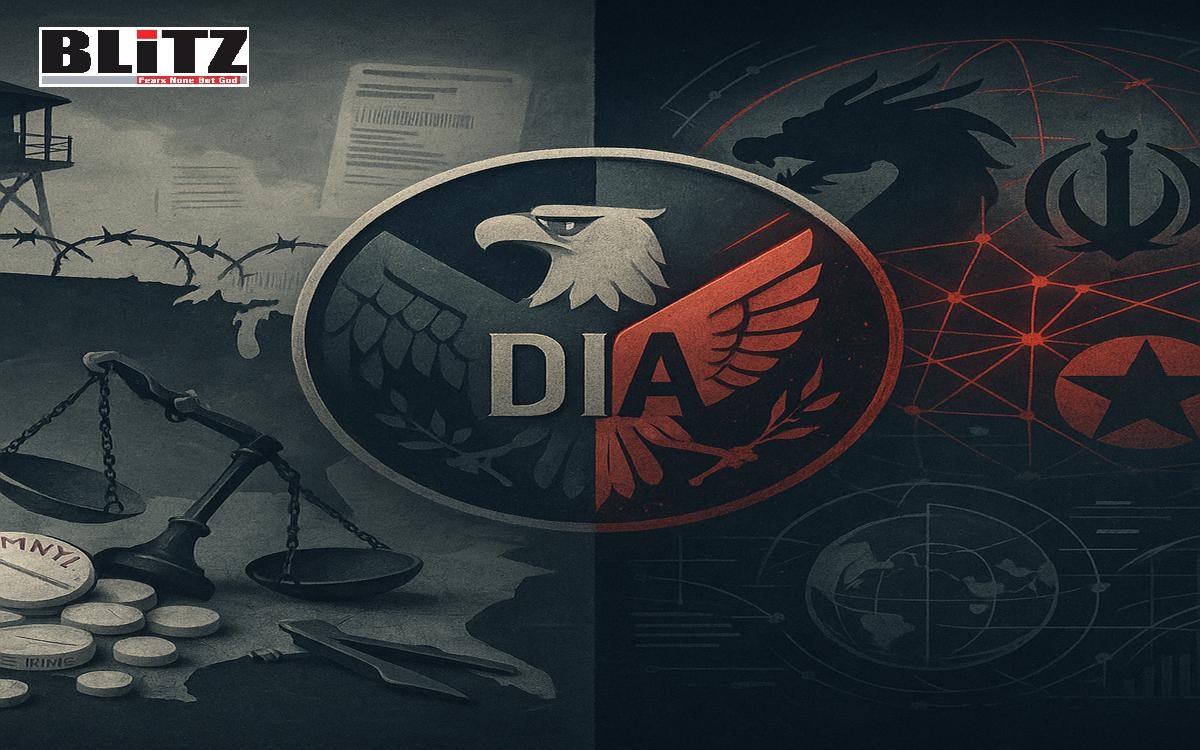

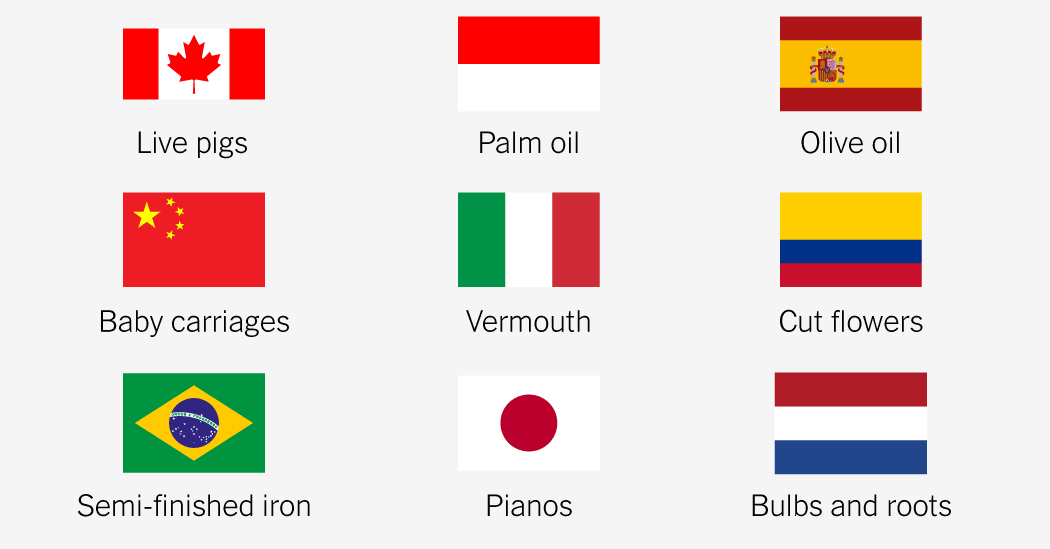


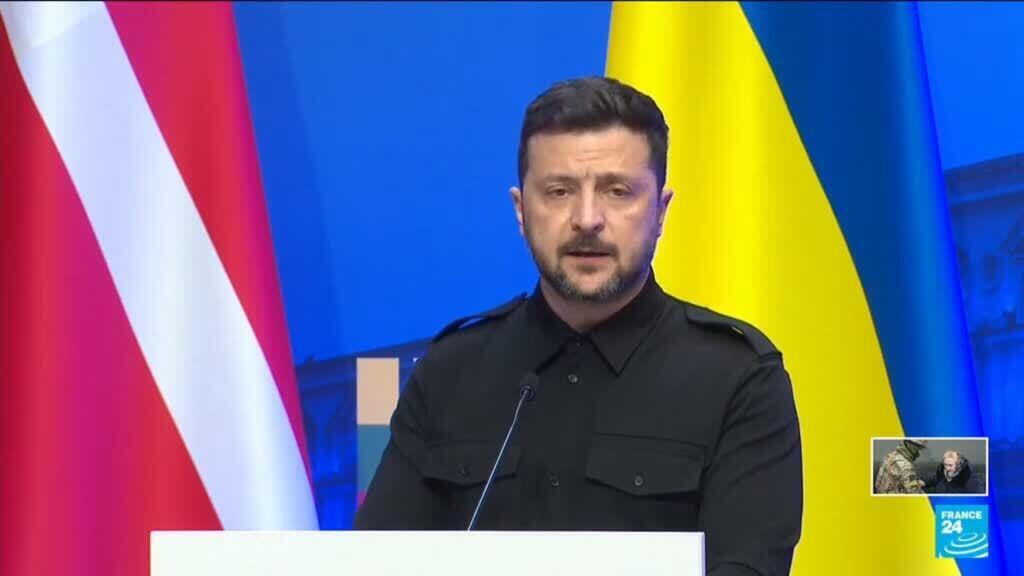
Leave a Reply